Logistics

According to expert forecasts, 2026 promises to be a true Rubicon for global logistics. This is not just another stage of development, but a full-scale implementation of new standards.
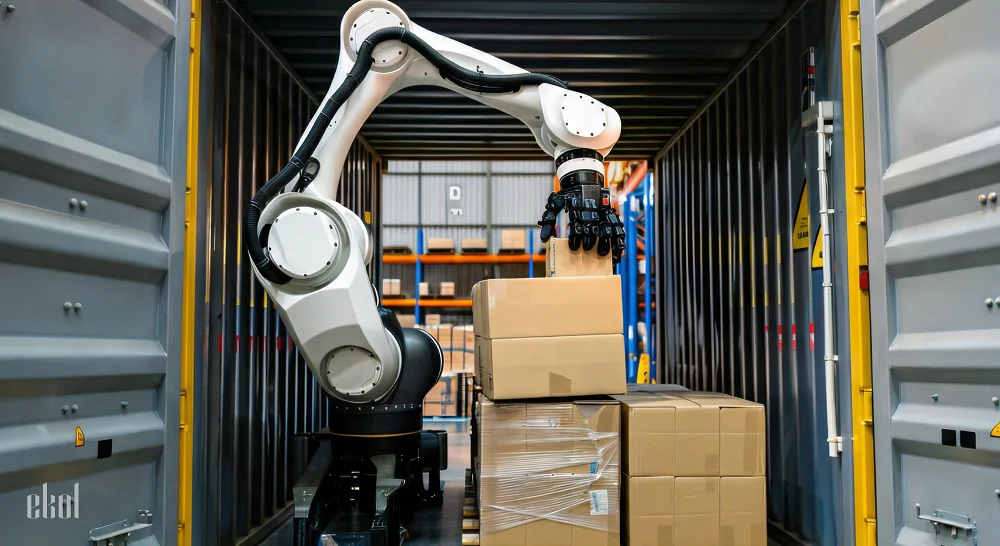
Logistics in 2026 is transforming and is an example of how technology is changing the way businesses work. Companies are moving to active management, where the main role is played by the collection of information and its correct use.

For most companies, logistics in the coming year will directly affect profitability, the speed of scaling, and the ability to operate in international markets
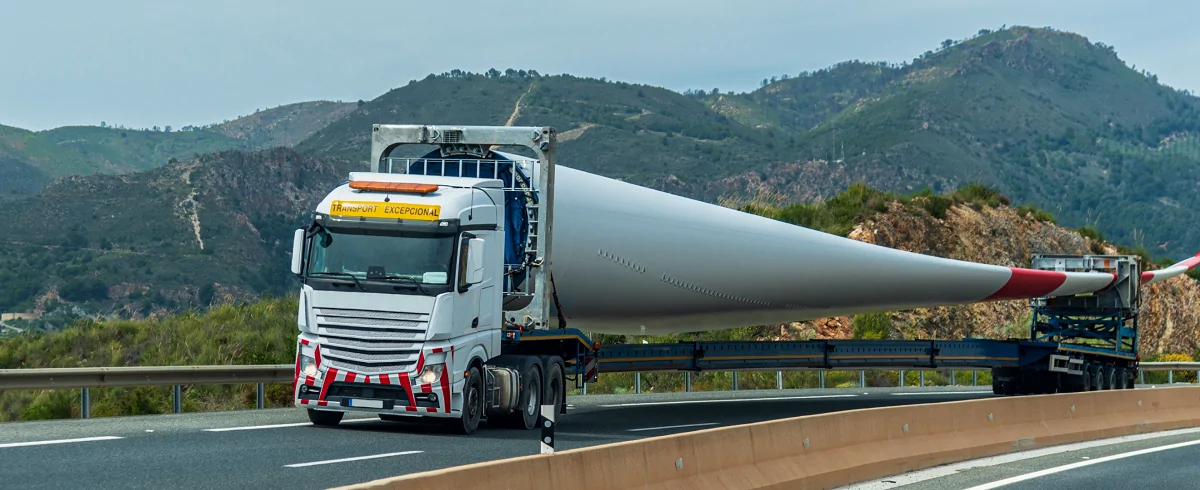
The modern globalized market requires European equipment manufacturers to deliver exceptional product quality and a flawless supply system.

Incoterms (International Commercial Terms) are a set of officially recognized international rules and interpretations used in global trade.

In October 2025, the logistics company Ekol successfully passed its first surveillance audit for compliance with the international standards ISO 9001:2015 (Quality Management System) and ISO 45001:2018 (Occupational Health and Safety Management System)

In a world where the delivery of goods is crucial for business, the profession of a logistician in a transport company becomes key.
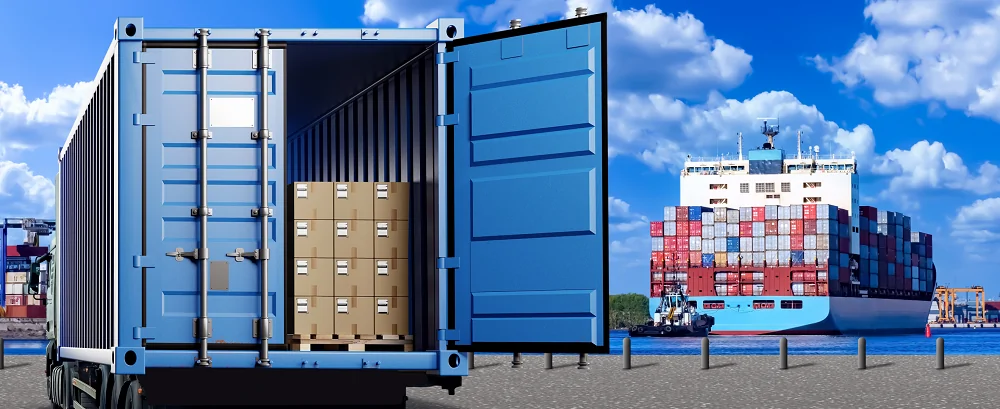
In international trade, even a minor detail in the contract between the seller and the buyer can affect transportation costs and delivery times.

Logistics is designed to ensure the continuity of supply for goods, raw materials, and services. However, the challenges of globalization, the growing volume of trade, and digitalization require entirely new approaches to managing these processes.

According to multiple studies, the transport and logistics sector accounts for around 24 % of global CO₂ emissions. At the same time, logistics is increasingly viewed as a driver of positive transformation—green logistics is coming to the forefront.
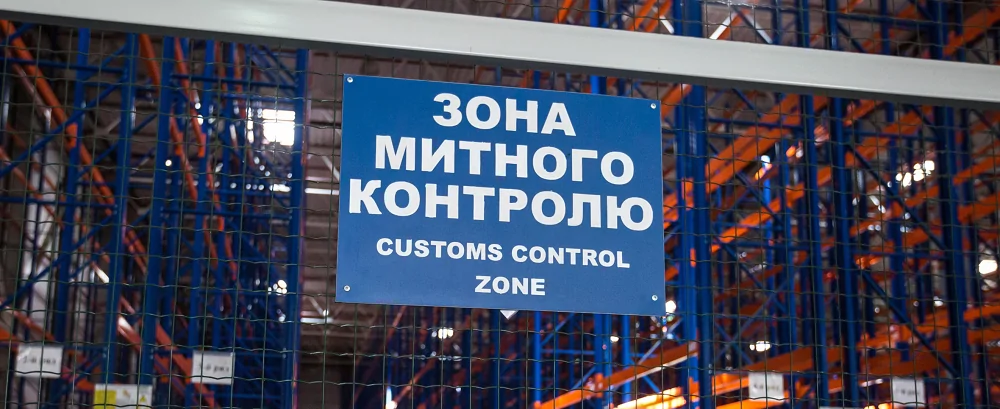
The basic principles of customs control cover all procedures regulating the movement of goods across Ukraine’s borders. To understand the import limits, it’s important to know that customs authorities monitor, register, and verify declarations, classify goods, apply tariffs, and check certificates and licences.
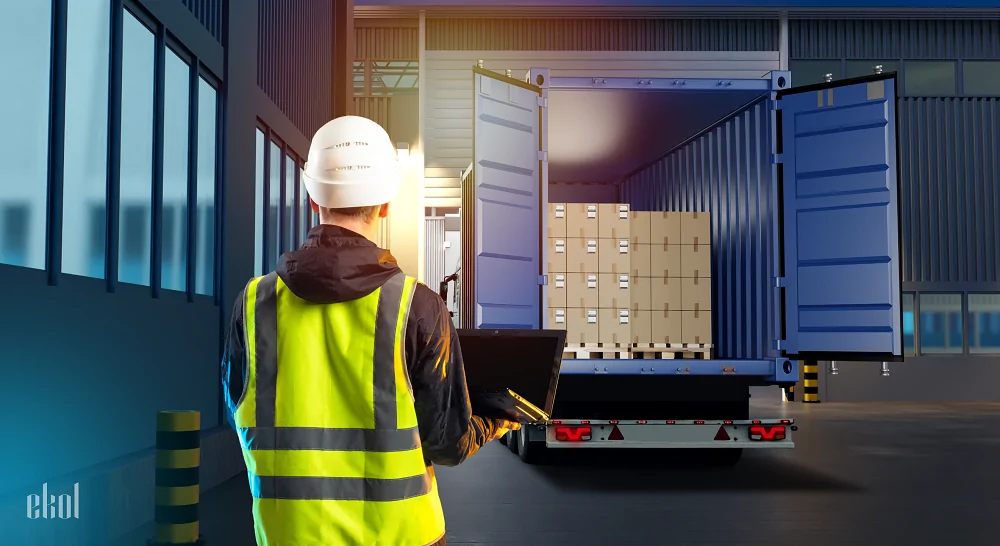
International trade is developing rapidly, and for safe export and import both parties must clearly understand their responsibilities. To avoid misunderstandings, contracts are signed under Incoterms rules, which define who is responsible for transport, loading, risks and costs.
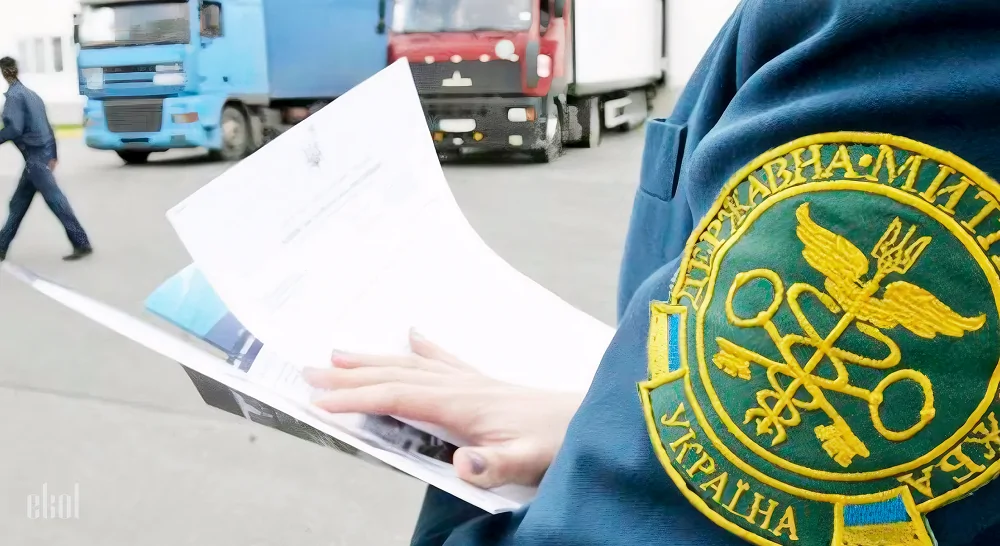
The word customs often makes businesspeople nervous, especially those dealing with frequent cross-border operations — inspections, declarations, compliance checks, and more. In the last 7 months, Ukraine’s trade turnover reached $69.1 billion, of which more than $23.2 billion were exports.
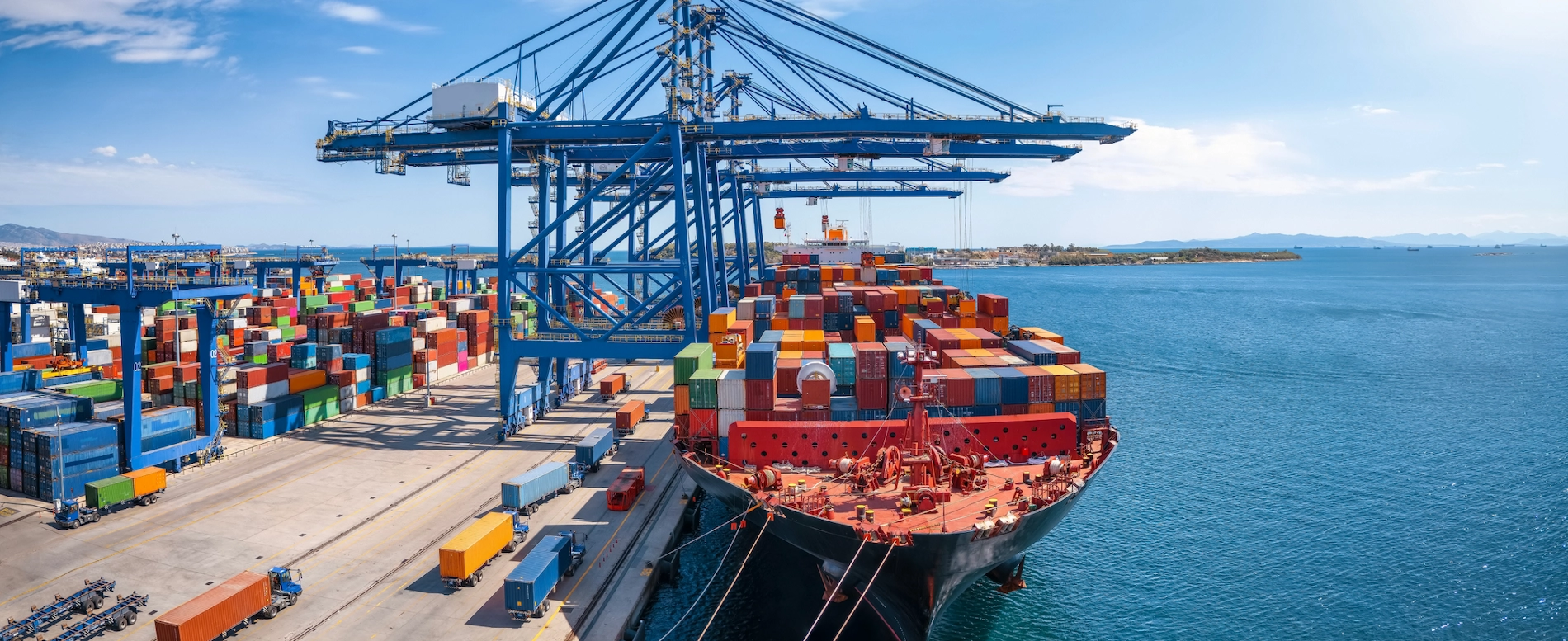
Most people not involved in logistics tend to view the supply chain simply as the transportation of goods from point A to point B. However, this is a fundamentally inaccurate assumption.
Global logistics is a complex discipline that involves managing a chain of interconnected activities. From production to the final delivery to the customer, numerous stages take place: inventory management, route planning, transportation, warehousing, and order fulfillment. Each step plays a critical role in ensuring that shipments arrive on time, in the right condition, and in full quantity.
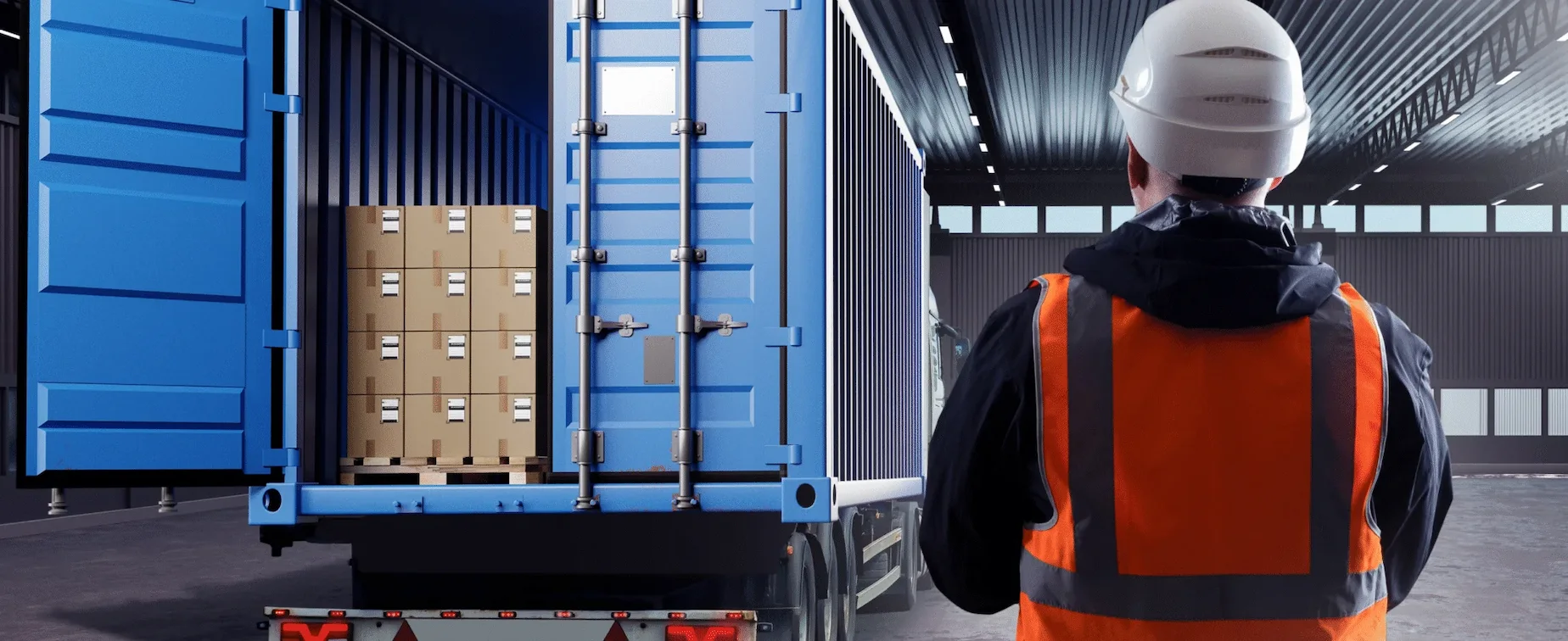
International logistics offers a wide range of shipment formats tailored to B2B clients. However, this variety often creates more questions than answers, especially when it comes to choosing the right transport method for your needs. In this guide, you’ll learn how to choose between FTL and LTL shipping, and what the key advantages and drawbacks of FCL and LCL are.




